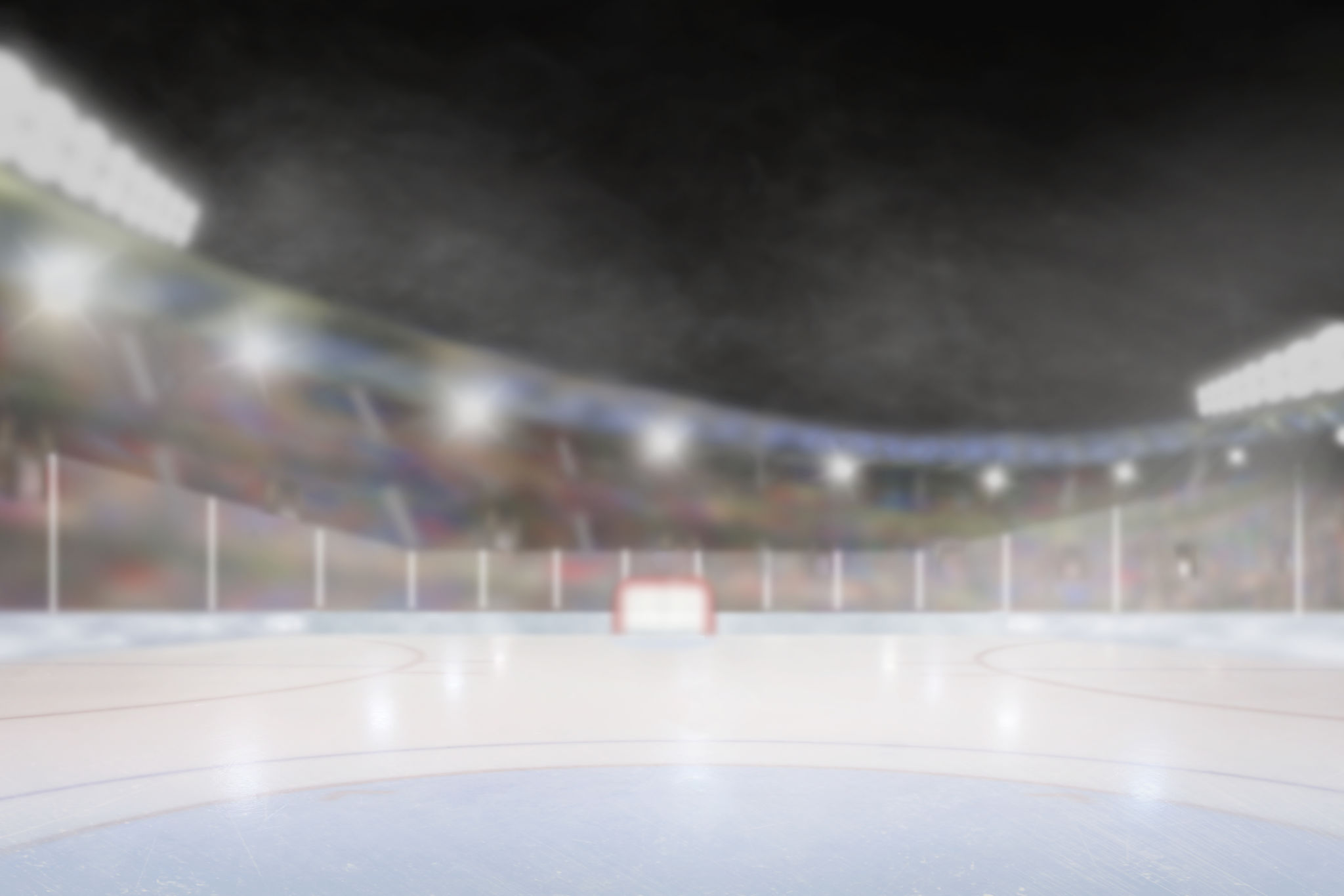Preparing for Ice Hockey Camps: What Every Parent Needs to Know
Understanding the Camp Environment
Ice hockey camps offer young players a unique opportunity to hone their skills, learn new techniques, and gain valuable experience on the ice. Before sending your child off to camp, it's crucial for parents to understand what the camp environment entails. These camps can vary greatly in terms of intensity, ranging from casual day camps to rigorous overnight programs. Understanding the expectations and structure of the camp will help you better prepare your child for the experience.

Preparing the Right Equipment
Proper equipment is essential for safety and performance in ice hockey. As a parent, ensuring your child has all the necessary gear is a top priority. This includes skates, helmets, mouthguards, shoulder pads, elbow pads, gloves, and shin guards. It's also important to ensure that each piece of equipment fits properly to prevent injuries. Plan ahead and check the camp's requirements or recommendations for specific gear.
Physical and Mental Preparation
Ice hockey camps are physically demanding, so it's important that your child is in good physical condition before attending. Encourage regular exercise and conditioning in the weeks leading up to camp. Additionally, mental preparation is just as important. Talk to your child about setting realistic goals for the camp and maintaining a positive attitude throughout the experience.

Navigating Camp Schedules
Camps often have packed schedules filled with on-ice sessions, dryland training, and team-building activities. Understanding the daily itinerary can help you prepare your child for what's ahead. Discuss the schedule with them so they know what to expect each day and can manage their time effectively. This will also help them balance periods of rest and activity to avoid burnout.
Nutrition and Hydration
A balanced diet and proper hydration are vital components of an athlete's performance. Ensure your child understands the importance of eating nutritious meals and drinking plenty of water throughout the day. Some camps may provide meals, but it’s a good idea to pack healthy snacks and a reusable water bottle for additional nourishment and hydration.

Social Skills and Teamwork
Ice hockey is as much about teamwork as it is about individual skill. Encourage your child to engage with fellow campers and coaches, fostering an environment of camaraderie and cooperation. These interactions not only enhance their social skills but also improve their ability to work effectively in team scenarios. Remind them that building friendships and learning from teammates are key aspects of the camp experience.
Staying Connected
While your child is away at camp, staying connected can provide them with comfort and motivation. Many camps allow scheduled phone calls or digital communication, so find out what options are available. A simple message of encouragement or a quick phone call can significantly boost their morale and make them feel supported.
Preparing for an ice hockey camp involves more than just packing a bag; it requires thoughtful consideration of your child's physical and emotional readiness. With the right preparation, they can make the most of this valuable opportunity to grow as both an athlete and an individual.
